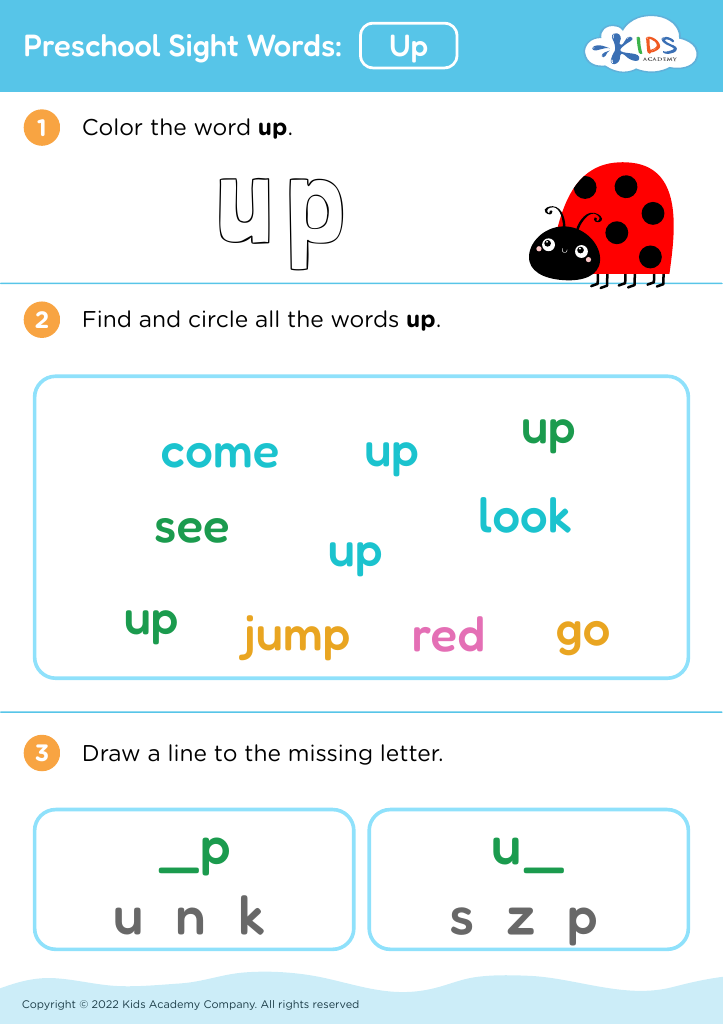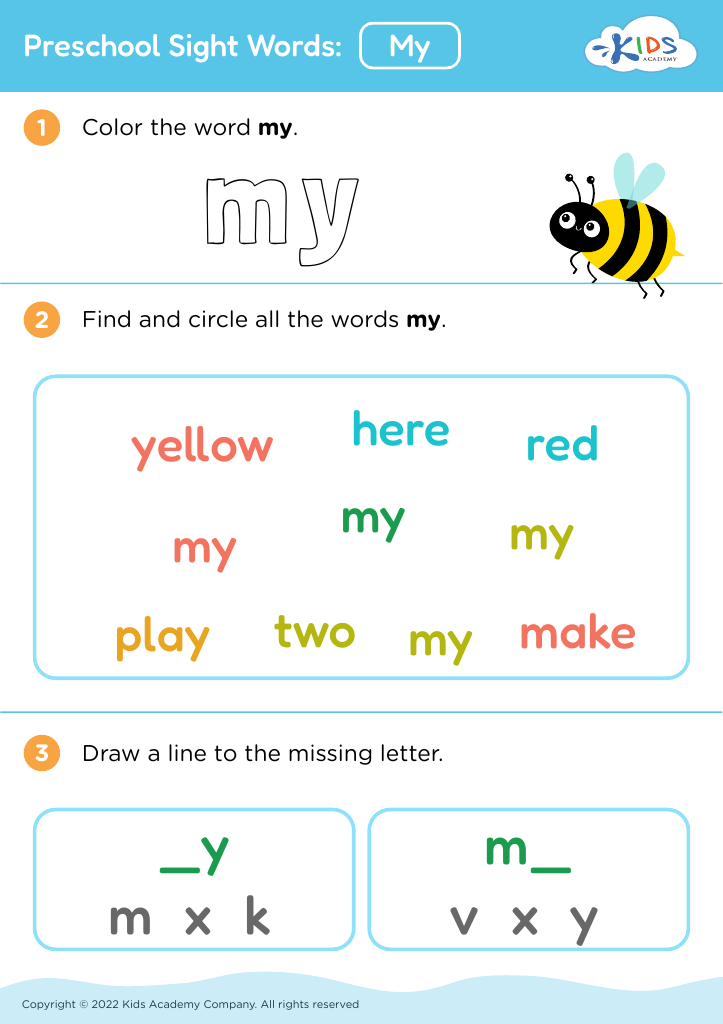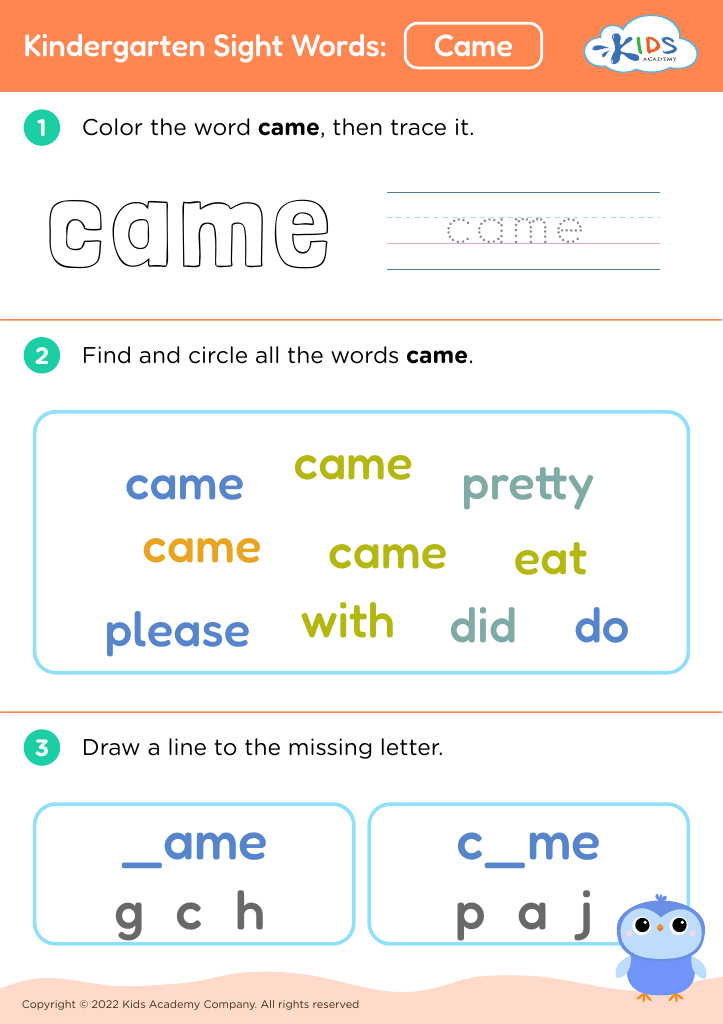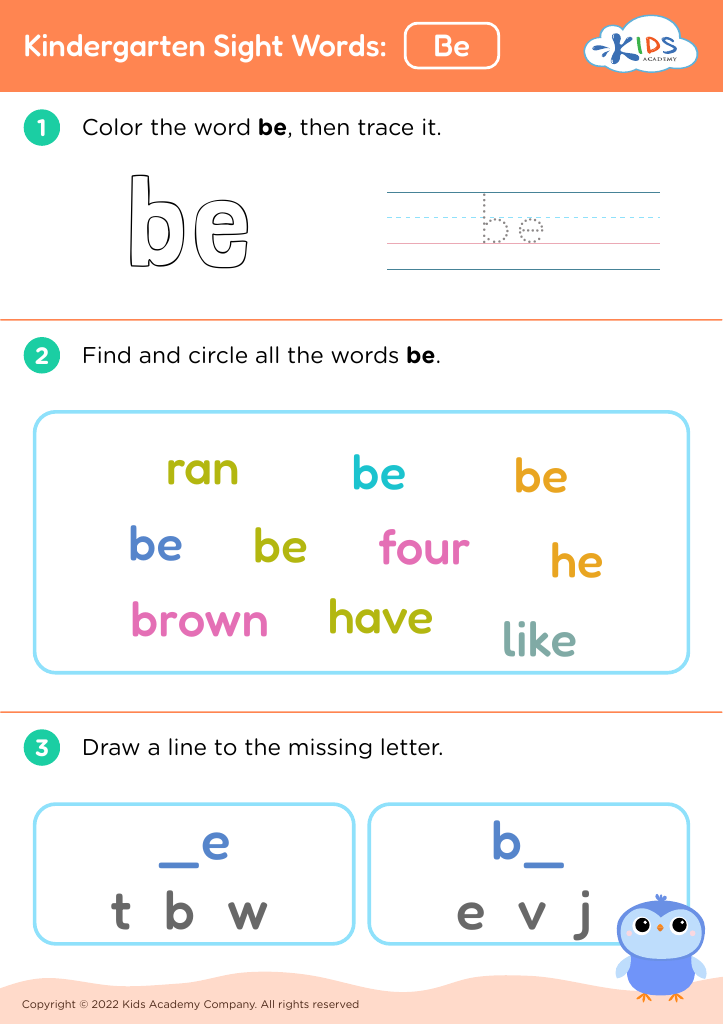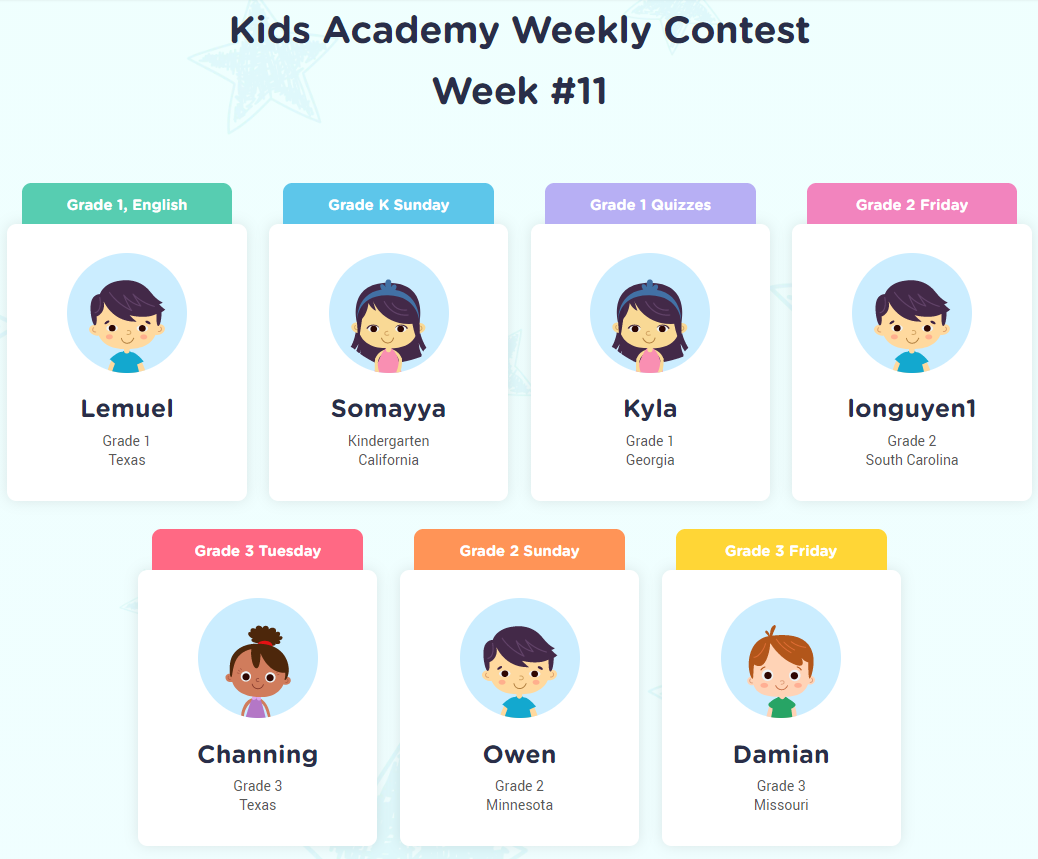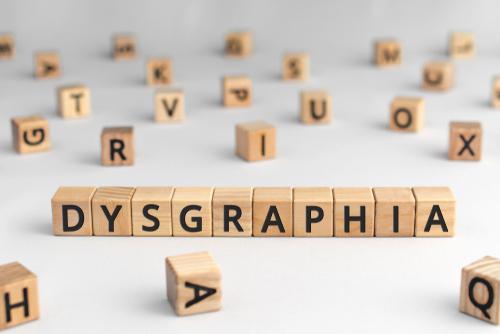Fraction comparison Reading Worksheets for Ages 3-4
7 filtered results
-
From - To
Welcome to our Fraction Comparison Reading Worksheets for Ages 3-4! Designed to gently introduce young learners to the concept of fractions, these engaging worksheets use colorful imagery and simple language to make learning fun. Children will explore the idea of ‘more than’, ‘less than’, and ‘equal to’ through interactive activities tailored for their developmental stage. Working with fractions fosters critical thinking and lays a solid foundation for future math skills. Ideal for homeschool or classroom settings, our materials encourage a love of learning while enhancing reading and comprehension abilities. Start your little one's journey into fractions today!
Fraction comparison reading for children aged 3-4 is an early step in developing essential mathematical skills and critical thinking. At this stage, children are naturally curious and eager to explore concepts, making it an ideal time to introduce foundational ideas about numbers and relationships. Understanding fractions and their comparisons lays the groundwork for later mathematical learning, fostering a sense of numeracy that is crucial for academic success.
Parents and teachers should care because effective fraction comparison can enhance young children's comprehension skills and promote cognitive development. This early engagement with mathematical concepts not only helps children identify quantities but also teaches them the importance of relationships between different amounts. Through storytelling, visual aids, and playful activities, they can experience fractions in relatable contexts, such as sharing food or toys.
Moreover, meaningful interactions about fractions during this formative age encourage conversations about fairness, sharing, and problem-solving, improving social skills and emotional intelligence. By prioritizing fraction comparison reading, caregivers instill a positive attitude toward math, equipping children with critical reasoning skills necessary for their future education. Building a solid numerical foundation at a young age allows children to approach more complex concepts later with confidence and ease.
